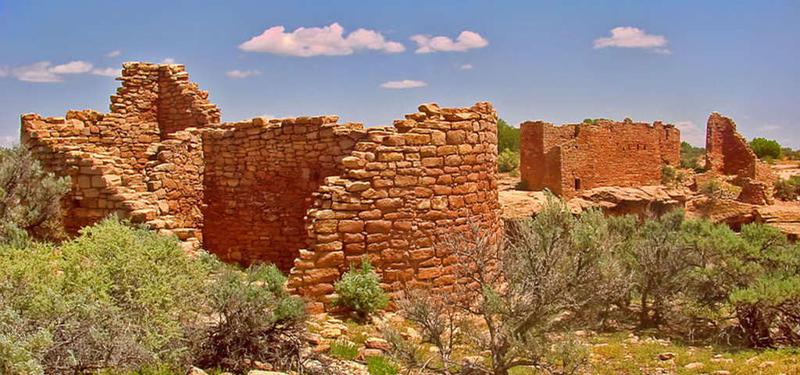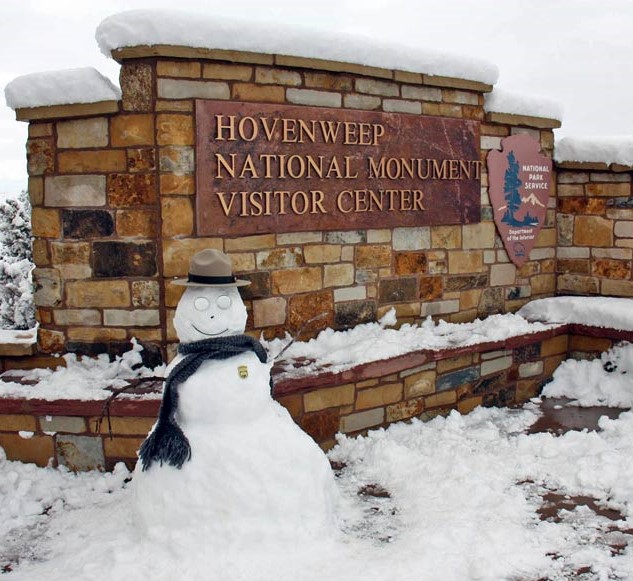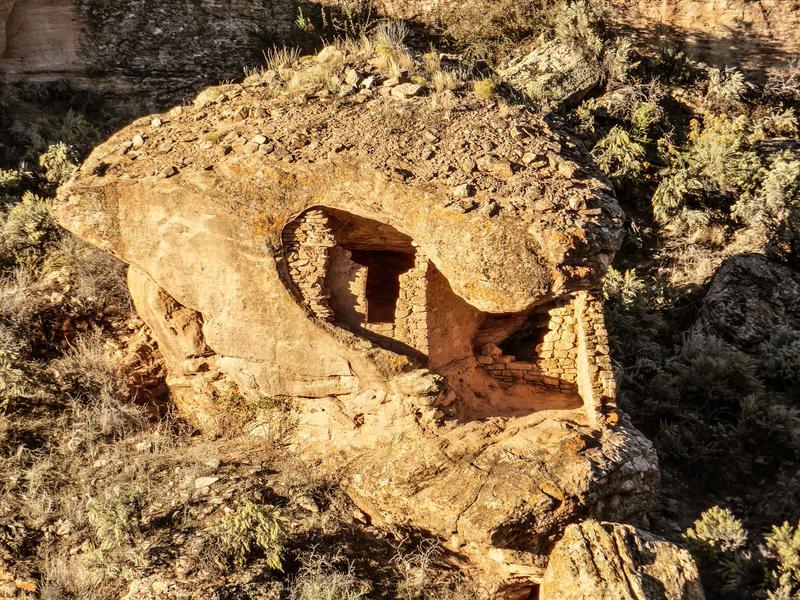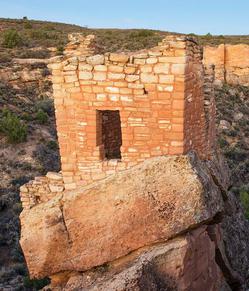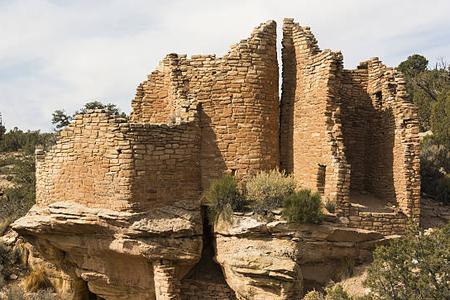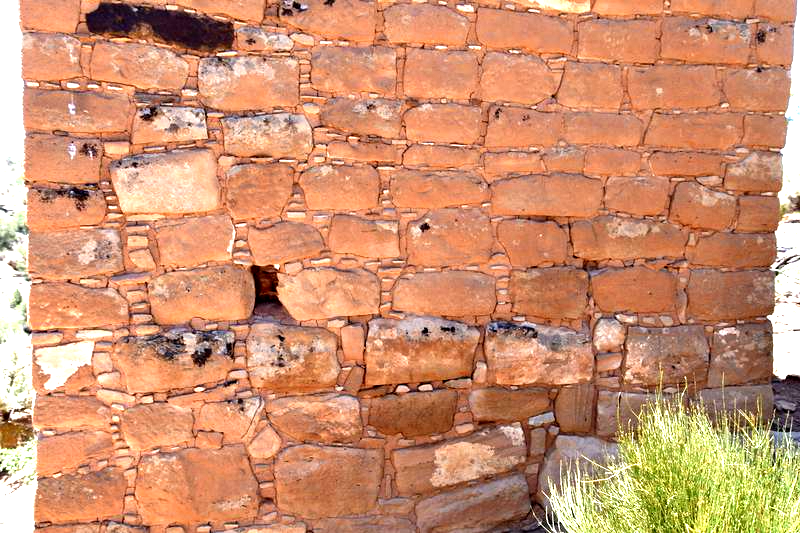BACK ROADS UTAH
Photographically Preserving Utah's Treasures Before Time Takes Them From Us
HOVENWEEP
Hovenweep consists of six villages that served as the home to the indigenous Americans know as the Anasazi, now referred to as the Ancestral Puebloans. The Anasazi are descendants of the Asian hunter/gatherers who followed animals they hunted across the Berring Straight Land Bridge between Asia and North America during the last Ice Age, approximately 23,000 years ago.
The Anasazi settled into the Four-Corners region of the United States as they evolved from a hunter/gatherer culture to a domicile agricultural culture with small communal settlements that grew into villages.
Hovenweep's structures exhibit sound engineering and phenomenal masonry. All villages had towers near their water source, at the head of canyons, and most of Hovenweep's major structures were positioned on the canyon rims. Towers were up to four-stories tall, and some towers have footprints the same size of the tops of the boulders upon which the towers were built.
Square Tower village served as the cultural center of Hovenweep. All villages were within 1/2 day's walking distance from Square Tower village. It is where the Park HQ and campground are located.
Hovenweep is located between Blanding, UT and Cortez, CO, on the border of Utah and Colorado, on County Road 10, aka Hovenweep Road. If coming west from Colorado, turn south on County Road CC.
5/31/23: PHOTOS FROM FUTURE VISITS WILL BE ADDED TO THIS PAGE
10/22/24: ENROLL IN THE U of UTAH COURSE ON HOVENWEEP AND THE ANASAZI OFFERED
BY THE UNIVERSITY'S LIFELONG LEARNING PROGRAM IN OCTOBER 2024.
3/15/25: ENROLL IN THE U of UTAH COURSE ON HOVENWEEP TO ENROLL, PLEASE GO TO:
Hovenweep Castle
Square Tower Village serves as Park HQ with Visitor Center and Campground.
Stronghouse House
Twin Towers
< Boulder House
Unit Type House
Round Tower
Twin Towers
Hovenweep Castle
Square Tower
Eroded Boulder House
Tower Point
Cutthroat Castle
Stronghouse House
Cutthroat Village, closed to since 2017, reopened in April, 2023. It is in need of attention, being unmaintained for six years.
Cutthroat Castle
Cutthroat Castle
Cajon Village Pictograph & Cave home
Holly Tower in Holly Village. Note the tower footprint matches the top of the Dakota Sandstone Boulder upon which it was erected.
The Anasazi were exceptional stone masons, employing chinking to provide strength while preserving mortar that binds the stones.
On 10/22/24 I will be teaching a course on Hovenweep at the University of Utah. To enroll, go to: https://continue.utah.edu/lifelong/class/LLPOT_968_Hovenweep_Villages_of_the_Ancients

